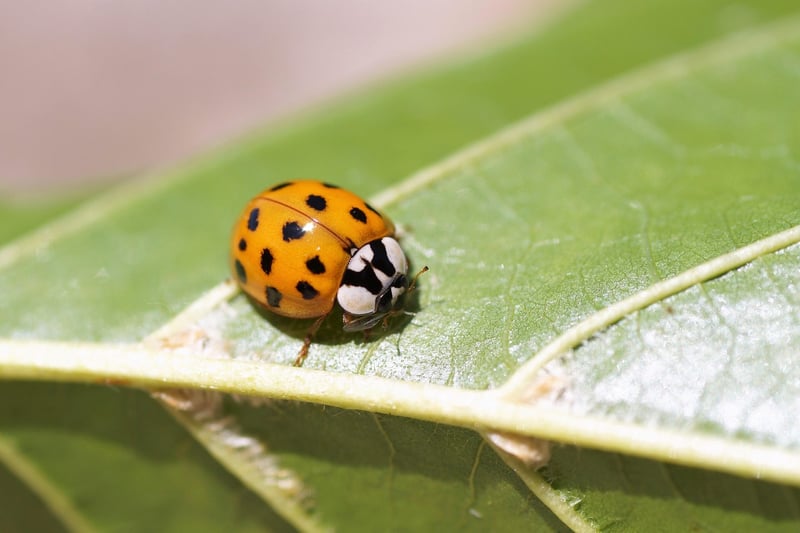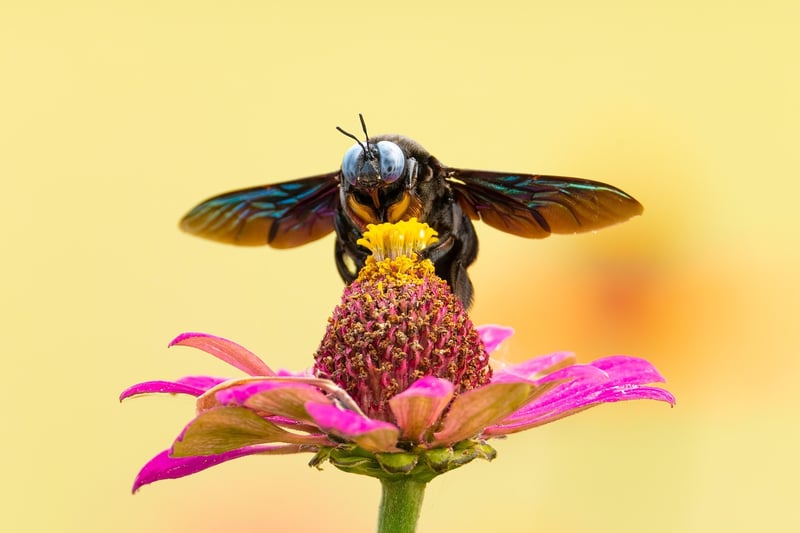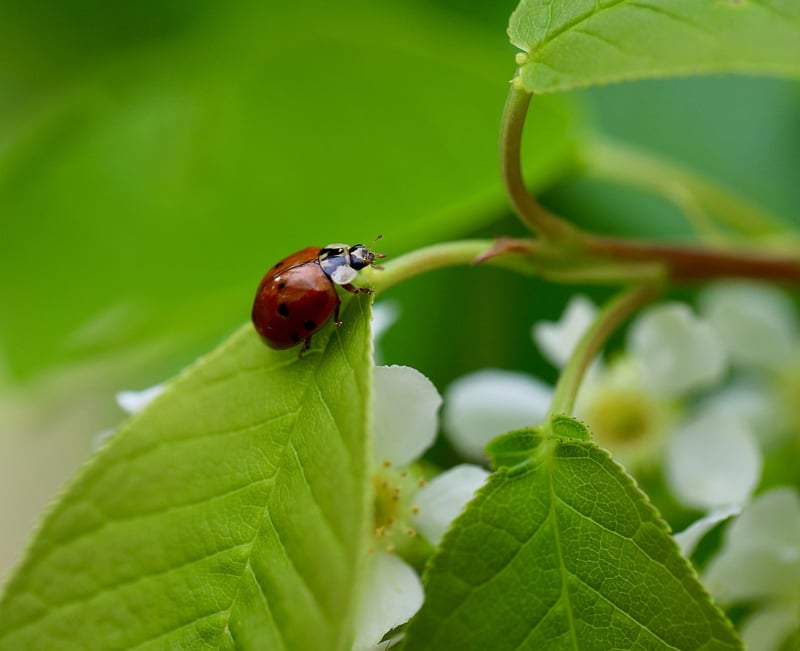Beneficial Insects Guide
Protecting Your Plants + Beneficial Insects Guide
The Importance of Beneficial Insects
Beneficial insects play a crucial role in maintaining a healthy ecosystem in your garden. They help control pest populations naturally, reducing the need for harmful chemicals that can harm both plants and the environment.
Identifying Beneficial Insects
It's essential to be able to recognize these helpful bugs to encourage their presence in your garden. Some common beneficial insects include ladybugs, lacewings, ground beetles, and hoverflies. These insects prey on pests like aphids, caterpillars, and mites.

Attracting Beneficial Insects
You can attract beneficial insects to your garden by planting a diverse range of flowers that provide nectar and pollen. Some excellent choices include marigolds, lavender, and sunflowers. Additionally, avoid using broad-spectrum pesticides that can harm both good and bad insects.

Companion Planting for Pest Control
Companion planting involves growing certain plants together to benefit each other. For example, planting marigolds alongside tomatoes can help repel pests like nematodes. Similarly, growing basil near peppers can deter aphids.

Creating Insect Habitats
Provide shelter for beneficial insects by including features like rock piles, log piles, or insect hotels in your garden. These habitats offer a safe space for insects to nest, overwinter, and thrive.

Conclusion
By understanding the importance of beneficial insects and implementing strategies to attract and support them, you can create a balanced and thriving garden ecosystem. Protecting your plants while promoting natural pest control is a win-win for both your garden and the environment.
